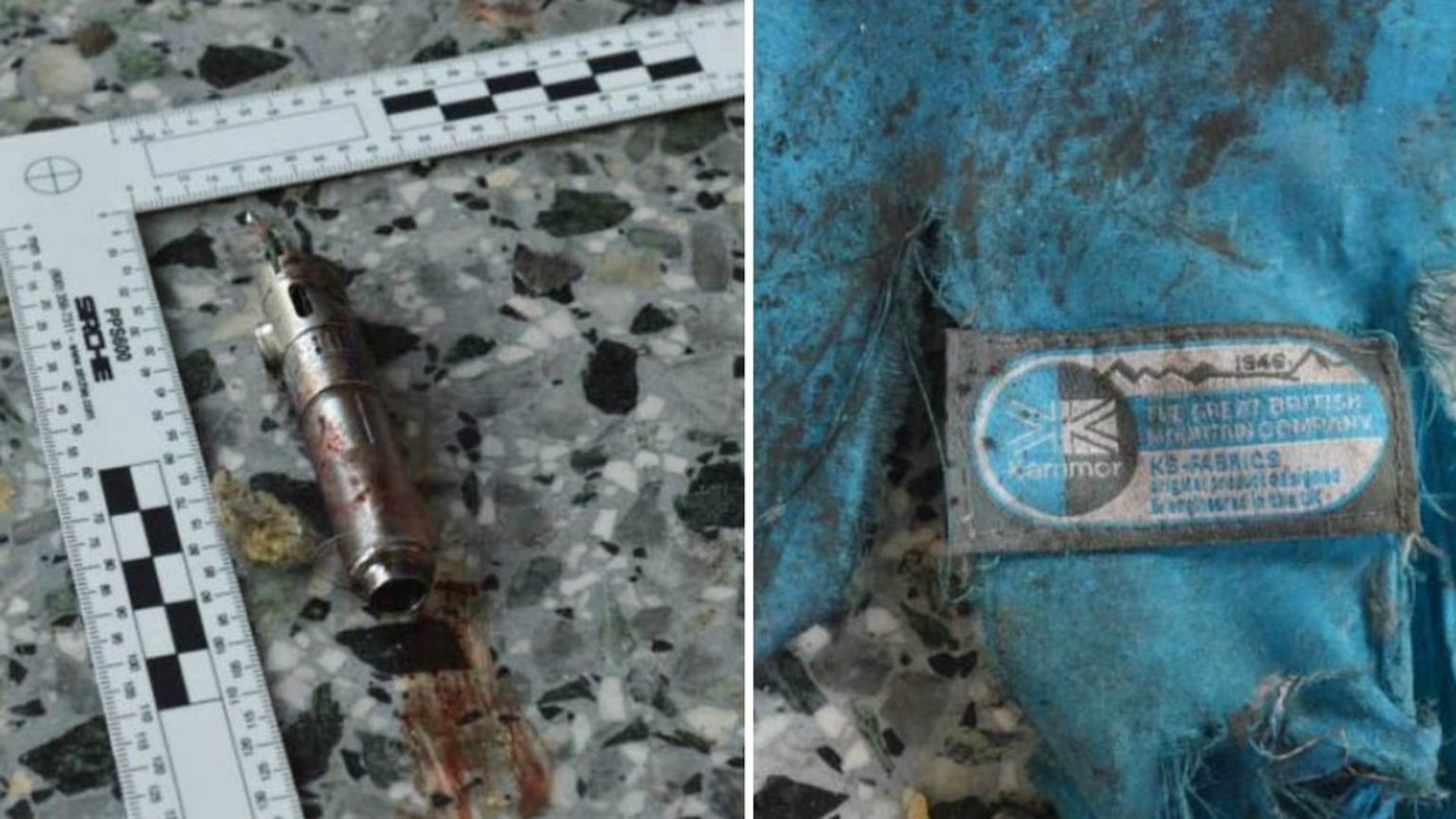
British police investigating the Manchester bomb attack on Monday that left 22 people dead have stopped sharing information with U.S. authorities after a series of leaks to American media.
U.K. officials were reportedly angered on Wednesday night after The New York Times published images from the scene of the bombing carried out by Islamic State militant group (ISIS). They showed remnants of the explosive device, the backpack and a detonator used by 22-year-old British national Salman Abedi at the exit of the Manchester Arena shortly after an Ariana Grande concert ended.
The BBC reported that Greater Manchester Police, the regional force overseeing the investigation, is "furious" with the Americans.
The New York Times report followed a series of leaks pertaining to the Manchester investigation that were traced back to U.S. sources. American media first reported the initial death toll after the blast, citing U.S. officials, then the method of the attack and finally the identity of the bomber, before British officials wished to release the information. The reports citing the name and death toll later proved to be true.
Just hours before the leak on Wednesday, Britain's Home Secretary, Amber Rudd, said that she was "irritated" by the disclosures and said she had spoken to U.S. authorities. She concluded that it "should not happen again." After more details were leaked, figures from Britain's political and security elite rounded on the Americans for their conduct.
British Prime Minister Theresa May is set to raise concerns over the issue with Donald Trump. Britain's National Police Chiefs' Council said "the unauthorized disclosure" was a breach that had the potential to damage a "major counter-terror investigation." Manchester Mayor Andy Burnham said the leaks "greatly" concerned him, and added that he had raised these with the U.S. ambassador to Britain.
The investigation into the attack is ongoing and the Greater Manchester Police confirmed on Wednesday that it is probing a wider "network" linked to Abedi. Police arrested two further suspects on Thursday morning, bringing the total number of arrests to eight, including a woman and Abedi's brother. A Libyan militia on Wednesday detained both Abedi's father, Ramadan, and his brother, Hashim.
In response to the attacks, May increased Britain's threat level to "critical," the highest possible, for the first time in a decade, deploying as many as 5,000 troops to protect sensitive sites around the country.
Read more: Manchester bomber "went off the rails" as a teenager
Speaking to Newsweek on Tuesday, top British and Belgian intelligence officials lamented the apparent willingness of the Americans to share information from an ally's ongoing investigation, saying that Washington's officials were much less disciplined than their European counterparts.
A former British intelligence chief, who requested anonymity, said of U.S. sources, "They don't understand the complexities of just blurting it out, and the reasons not to. They just think, Oh, I've got something to say, for their own personal aggrandizement quite often."
The former official added "They just blabbermouth it and it's really, really unhelpful," calling the British "pretty disciplined" by comparison.
The release of information in the early stages after an attack can present security issues and hamper the work of security services operating in the country of attack, European intelligence officials told Newsweek after the attack.
"If you leak information concerning an ongoing investigation, certainly in the hours after the event, this is something that could be damageable for the ongoing investigation," said a former Belgian intelligence chief, who also requested anonymity and expressed bemusement at the officials who publicly disclose details of an attack on an ally's soil.
"Leaking information it's something on the level of intelligence services it's not done. I think there is another kind of tradition in Europe than in the United States on that level," he added.
Earlier this month, President Donald Trump faced widespread criticism for appearing to leak top-secret intelligence, gathered by an allied nation on the Islamic State militant group (ISIS), to Russian Foreign Minister Sergey Lavrov and the Russian ambassador during an Oval Office meeting earlier in May.
U.S. officials later leaked that the ally in question was Israel. Israeli intelligence officials were said to be "boiling mad" at the leak, stating that they would never have given away U.S. intelligence.
On Wednesday, Israeli Foreign Minister Avigdor Lieberman appeared to confirm that Israel, as a consequence of Trump's actions, had altered its intelligence sharing with the U.S. He told Israel's Army Radio: "I can confirm that we did a spot repair and that there's unprecedented intelligence cooperation with the United States.
"What we had to clarify with our friends in the United States, we did. We did our checks."
Uncommon Knowledge
Newsweek is committed to challenging conventional wisdom and finding connections in the search for common ground.
Newsweek is committed to challenging conventional wisdom and finding connections in the search for common ground.
About the writer
Jack is International Security and Terrorism Correspondent for Newsweek.
Email: j.moore@newsweek.com
Encrypted email: jfxm@protonmail.com
Available on Whatsapp, Signal, Wickr, Telegram, Viber.
Twitter: @JFXM
Instagram: Read more
To read how Newsweek uses AI as a newsroom tool, Click here.








